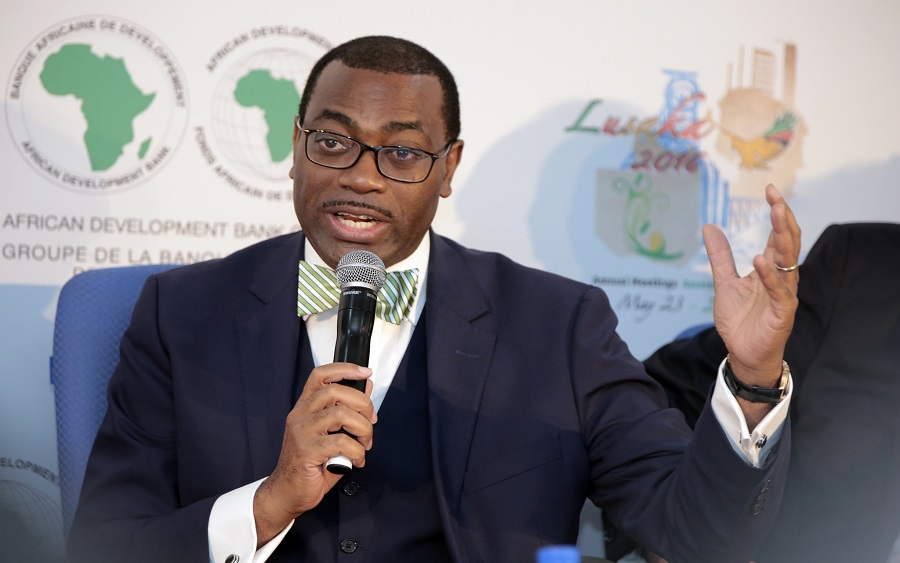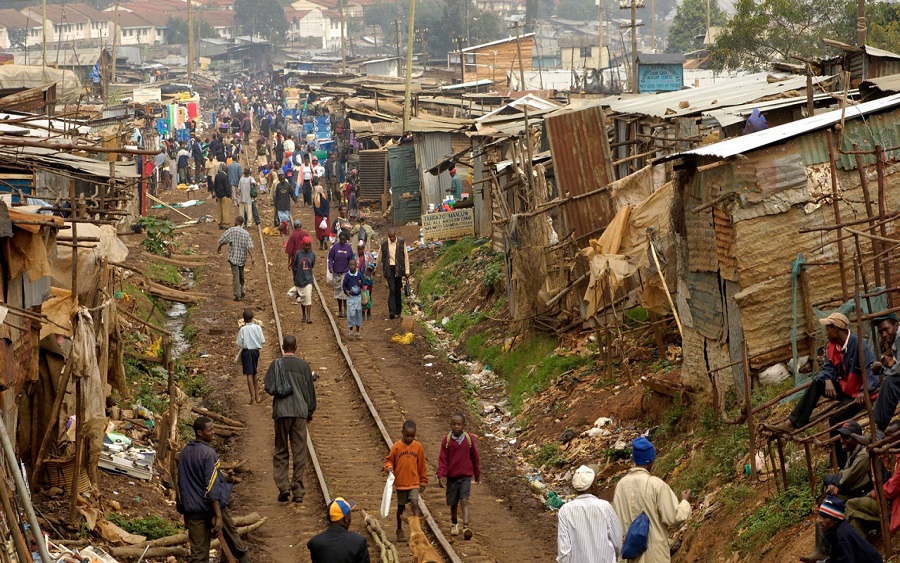Against a mountain of odds, Nigerian women are taking leadership roles in various sectors – private or public, and in business. These roles have seen them contributing tremendously to shaping a more equal future and fast-tracking the nation’s recovery from the COVID-19 pandemic.
Their voices have been loud on several issues including the elimination of gender-based violence (particularly as it affects women and girls), gender equality, women empowerment, equal pay for equal work, and a better appreciation for the roles that women play in the home.
Although Nigerian women in leadership have consistently displayed their competence in their various spheres of influence and career pursuits, they remain poorly represented in government. Statistics show that female representation in government has over the years, remained under 7%, a far cry from the 30% affirmative action advocated at the fourth world conference on women in Beijing, and the 35% affirmative action advocated by the existing National Gender Policy (NGP).
Research has shown that despite the galvanized efforts of both governmental and non-governmental institutions, certain obstacles have kept the percentage of female political office holders low. Chief among these impediments is the patriarchal mindset which is nearly as old as the human society itself. The idea that women are to be seen and not heard, relegated to the affairs of the home, is unfortunately still upheld by many in our society and even heralded by some notable figures in leadership positions.
Another contributing factor is stigmatization and the notion that women who have achieved greatness in their chosen fields of endeavour must have done so by offering sexual favours as tradeoffs to their male counterparts in positions of authority.
Discriminatory religious and social norms, pressure from the homefront, increased spates of rape and other forms of violence against women, poor access to education and empowerment initiatives, lack of adequate support from fellow women and inadequate financing are some other factors affecting female representation in the Nigerian political space and indeed, in other sectors of the economy.
Many of these challenges that women face have been heightened by the COVID-19 pandemic and its negative economic impact. Women have had to grapple with the loss of their businesses and increased demand for their time and other resources. Some have been exposed to greater threats of violence from within and outside their homes, often without much hope for justice. These challenges have heightened the hurdles that women must overcome to rise and take their place in society, and they deserve the urgent attention of the government, human rights activists and other stakeholders.
Nigeria needs to show the political will to implement legal frameworks for increased female participation in leadership. Access to justice and the enforcement of legislation that protects the rights of girls and women remain crucial to the full attainment of the potential of Nigerian women in business, politics and other spheres of leadership.
Equally important, is the enactment of the Gender and Equal Opportunities Bill, which was first presented to the National Assembly over a decade ago. Political parties must also adopt reforms for more inclusive nomination processes and elections into leadership positions.
While negative stereotypes such as patriarchy can be difficult to change or erase, women rights activists can leverage both the traditional and new media to turn the tides around using inter-generational and youth-led approaches to transform how people think about gender. Certainly, the future is better with women at the table.

























